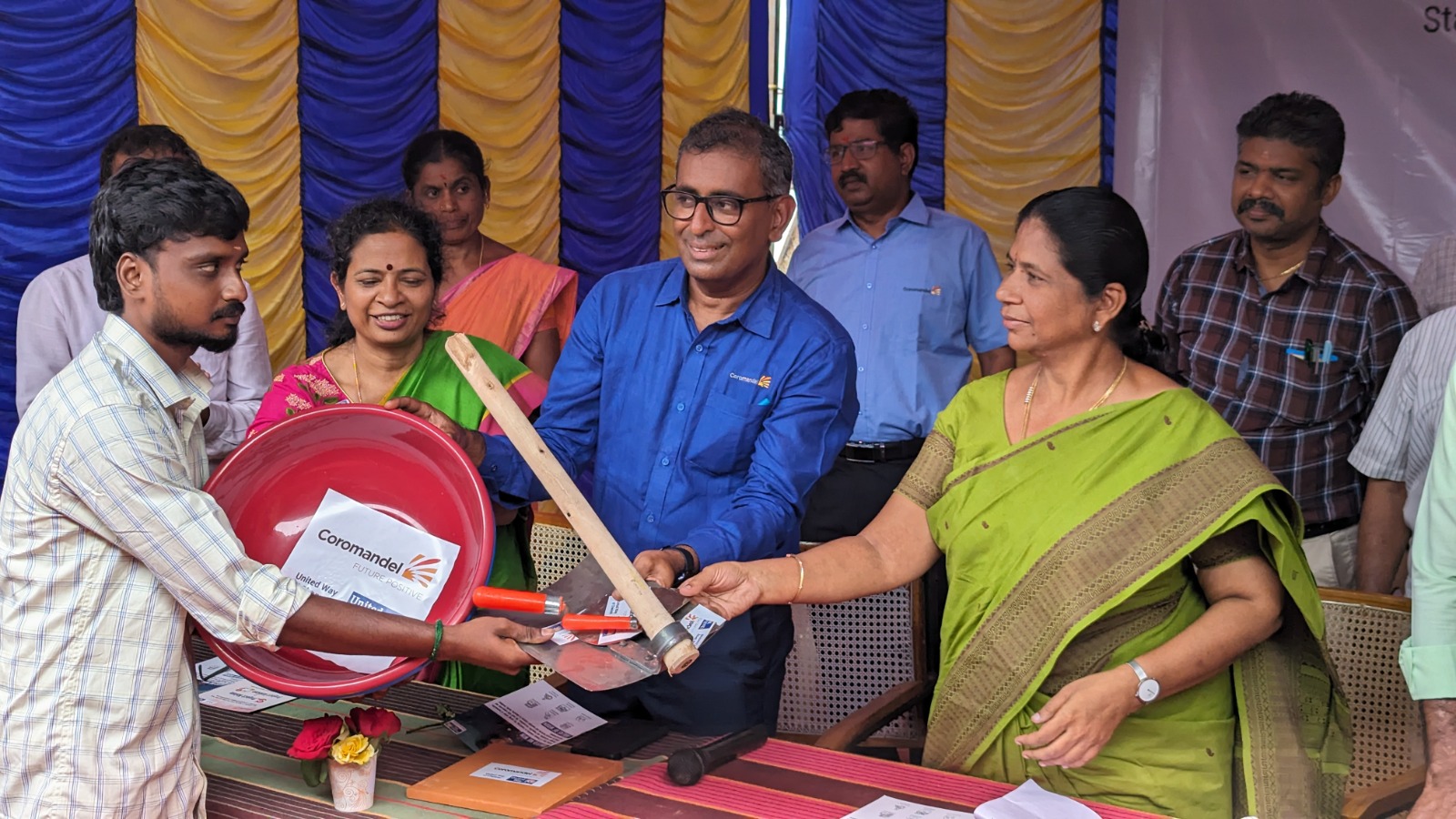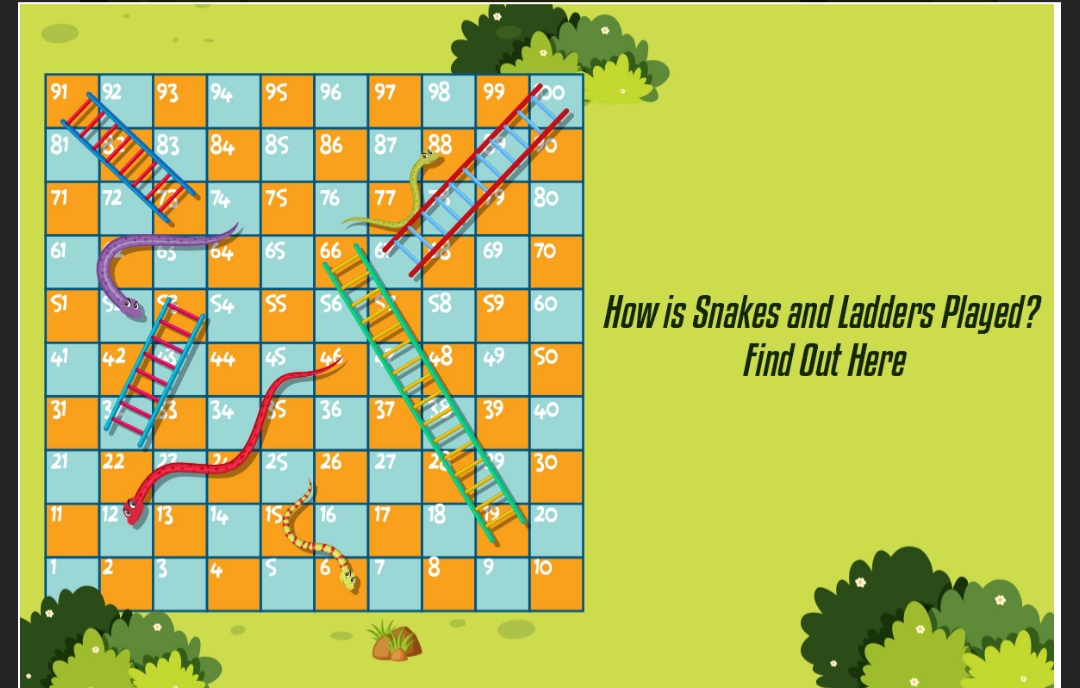Trending Now
- 830 voters names go missing in Kavundampalayam constituency
- If BJP comes to power we shall consider bringing back electoral bonds: Nirmala Sitaraman
- Monitoring at check posts between Kerala and TN intensified as bird flu gets virulent in Kerala
India News
“Vatsyayana was possibly India’s first feminist, with his pulse on female desire”
![]() May 15, 2018
May 15, 2018
The recent press for a book launch that explores the story of the Kama Sutra caught my attention. Even though the subject is age old, it still has the capacity to arouse interest. Perhaps, Neha Dhupia’s controversial statement ‘that SRK and sex sells in India’ is true. No wonder, many dozens have already authored around the subject. But what makes this different is the exploration of the author’s life. “Kama Sutra as a concept is presumed to be or depicted as a synonym for creative sexual positions; in reality, only part of the Kama Sutra is about sexual positions. My book Kama: The story of the Kama Sutra has a very different take on the entire concept; it is about the philosophy and theory of love. It’s about what motivated Vatsyayana to write this grand treatise! I actually feel that Vatsyayana was possibly India’s first feminist, with his pulse on female desire. Kama is erotic, its contemporary and its exciting. I’m so overwhelmed by the response of early readers! They have not been able to put down the book and have finished it over night! My friend Roshan Abbas finished it in 7 hours straight!,” says the debutant novelist Jaya Misra. He adds, “ I was intrigued by the fact that even though people know about Kama Sutra, they know nothing about it’s author. On researching Vatsyayana one finds that not much is historically known about him. therefore the canvas to fictionalise this fascinating man’s life became an all consuming challenge. Who was he? why did he compile many thousand pages of 7 erotic texts and write them in a sutra formation? What was the state of the country in his life? who were his loves? A simple query turned into an entire fictional novel.”
Kama: The Story of the Kama Sutra is the first fictionalized biography of Vatsayana, the compiler of Kama. A contemporary novel depicting the life and times of a man who lived 2000 years ago, who compiled ancient erotic texts with his witty aphorisms to create the sensational Kama Sutra. On the face of it Kama Sutra, is a manual for the hedonist, but within the story, lies another, written with blood. A tale of broken hearts, lyrical violence, ageless love, and pure lust! Set in 273 A.D, in a land fraught with war and unrest, Kama is the story of a catastrophic day in a writer-artist’s life that sets him off on a journey unto himself, beyond the boundaries of love, family and betrayal. This fast-paced story of tragedy and triumph beguiles and captivates as it flits seamlessly between an agonizing past, an erotic present and a cataclysmic future.
ALSO READ : Sexual violence against women growing
“While the Kama Sutra remains an unparalleled treatise on love-making, the life of its compiler, Vatsyayana, shrouded in mystery, has always been heatedly debated by scholars. Kama is a very credible yet fictionalised biography of Vatsyayana, based on an amalgamation of intense research and great imagination. The book is so evocative that I felt I was watching everything unfold right in front of me. Simply mersmerising in its erotic and tragic charge,” says Ajay Mago, Publisher, Om Books International. Given the times that we love in, with horrific sexual violence against women, is there a subtle message for the society or a take away? “Kama is a fictional novel about powerful women who took their destiny and sexuality in their hands. My fictional Vatsyayana has a single purpose. The times he lived in was a debauched depraved era and women were disrespected and disregarded sexually. women simply lived to cater to men’s needs. Vatsyayana decided to pursue his study of the Kamashastra, along with artha and dharmashastras simply to better the life of barbaric men and guide them into being, more sophisticated civil creatures,” concludes Jaya.





















